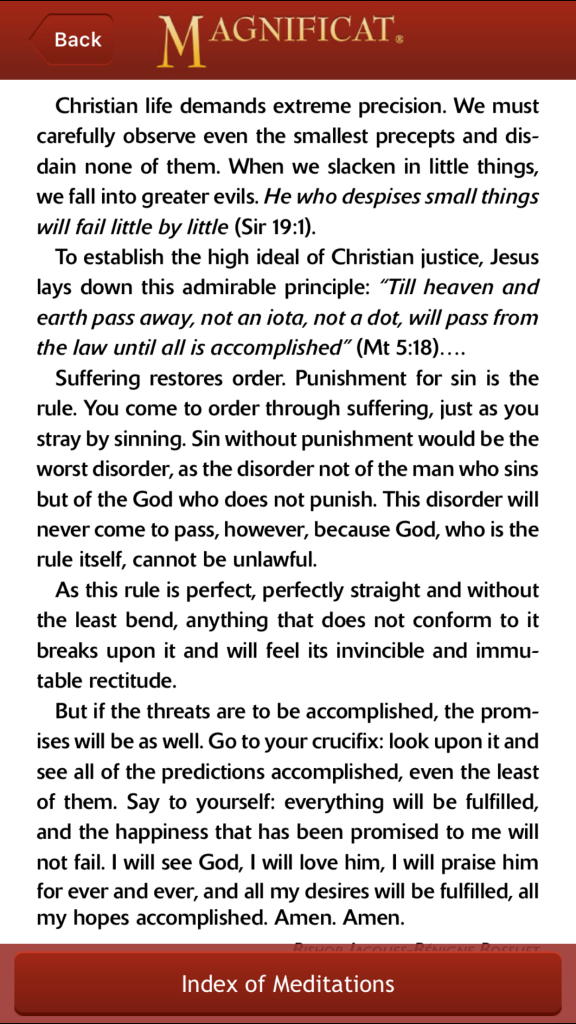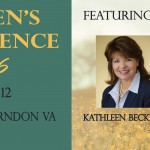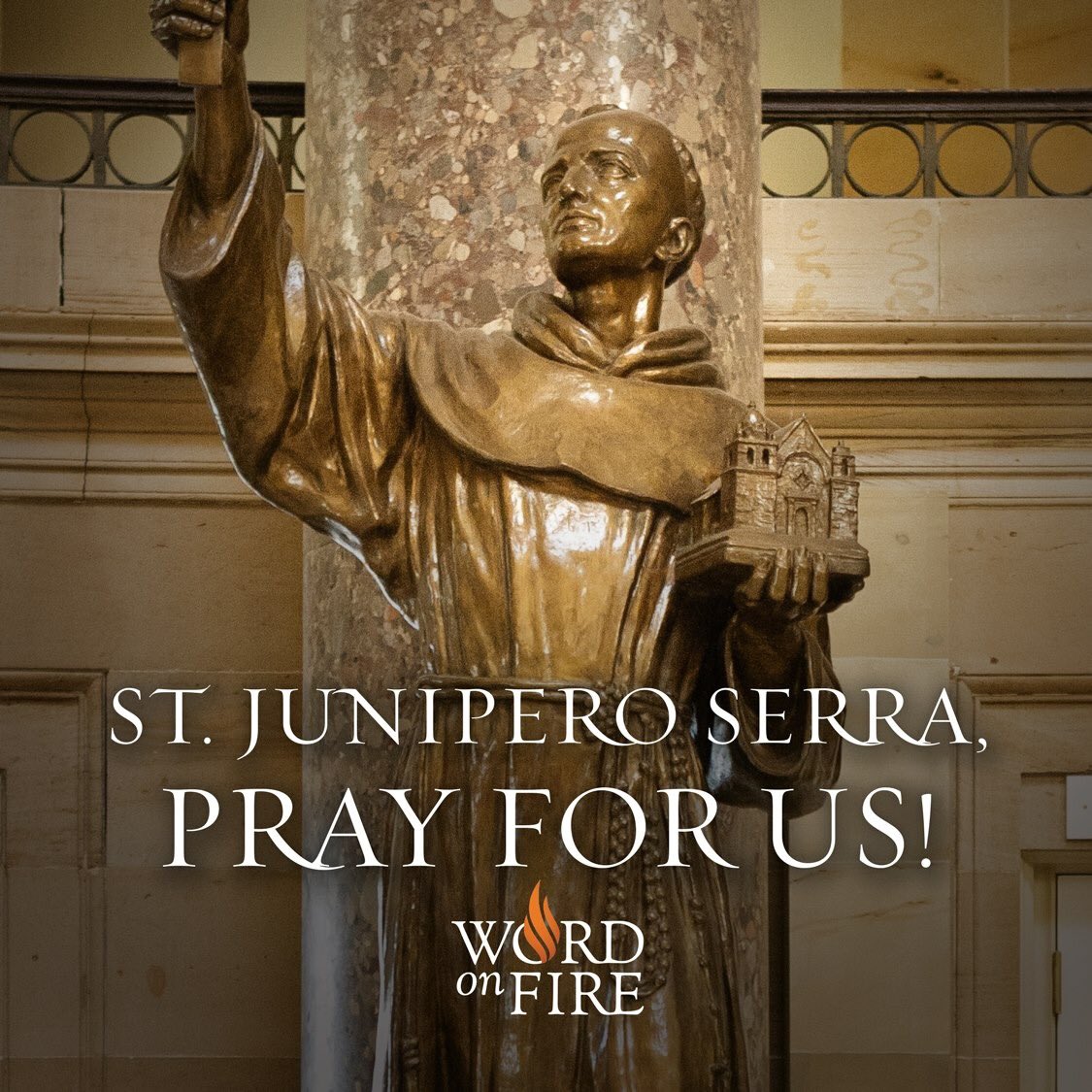1. First, this:
— NCDVD (@ncdvd) March 2, 2016
2. I feel like we all need this today from Saint Theophilus of Antioch (what, he wasn’t on The Today Show this morning?):
If you say, “Show me your God,” I will say to you, “Show me what kind of person you are, and I will show you my God.” Show me then whether the eyes of your mind can see, and the ears of your heart hear.
It is like this. Those who can see with the eyes of their bodies are aware of what is happening in this life on earth. They get to know things that are different from each other. They distinguish light and darkness, black and white, ugliness and beauty, elegance and inelegance, proportion and lack of proportion, excess and defect. The same is true of the sounds we hear: high or low or pleasant. So it is with the ears of our heart and the eyes of our mind in their capacity to hear or see God.
God is seen by those who have the capacity to see him, provided that they keep the eyes of their mind open. All have eyes, but some have eyes that are shrouded in darkness, unable to see the light of the sun. Because the blind cannot see it, it does not follow that the sun does not shine. The blind must trace the cause back to themselves and their eyes. In the same way, you have eyes in your mind that are shrouded in darkness because of your sins and evil deeds.
A person’s soul should be clean, like a mirror reflecting light. If there is rust on the mirror his face cannot be seen in it. In the same way, no one who has sin within him can see God.
But if you will you can be healed. Hand yourself over to the doctor, and he will open the eyes of your mind and heart. Who is to be the doctor? It is God, who heals and gives life through his Word and wisdom. Through his Word and wisdom he created the universe, for by his Word the heavens were established, and by his Spirit all their array. His wisdom is supreme. God by wisdom founded the earth, by understanding he arranged the heavens, by his knowledge the depths broke forth and the clouds poured out the dew.
If you understand this, and live in purity and holiness and justice, you may see God. But, before all, faith and the fear of God must take the first place in your heart, and then you will understand all this. When you have laid aside mortality and been clothed in immortality, then you will see God according to your merits. God raises up your flesh to immortality along with your soul, and then, once made immortal, you will see the immortal One, if you believe in him now.
3.
Repentance restores the reassurance of God's presence. It leads to experiencing his #mercy that cleanses and heals. pic.twitter.com/LOK0QyIN7h
— Fr. Patrick Brennan (@Pathound) March 2, 2016
5. From Fr. Roger Landry’s homily today:
Many times we’re tempted to look at the law of the Lord as a burden, but God wants us to look at it as an incredible blessing. It’s a sign of God’s love, God’s nearness, God’s mercy, God’s predilection that he has opened for us the owner’s manual for ourselves, the world he created and the way we’re supposed to connect with Him. It’s a great blessing to receive this gift. That’s why it’s essential for us to live in that gift and pass it on to others.
6.
We have been called to bring home those who have lost their way. – St. Francis of Assisi #WednesdayWisdom pic.twitter.com/3lpuBt8Xok
— Saint Pauls Outreach (@SPO_National) March 2, 2016
7. My latest column for OSV Newsweekly.
8. From Magnificat today from 18th-century French Jacques-Bénigne Bishop Bossuet:
9.Hat tip to Elise Italiano for posting this on her Facebook page today from John Paul II’s Evangelium Vitae:
Democracy cannot be idolized to the point of making it a substitute for morality or a panacea for immorality. Fundamentally, democracy is a “system” and as such is a means and not an end. Its “moral” value is not automatic, but depends on conformity to the moral law to which it, like every other form of human behavior, must be subject: in other words, its morality depends on the morality of the ends which it pursues and of the means which it employs…the value of democracy stands or falls with the values which it embodies and promotes. Of course, values such as the dignity of every human person, respect for inviolable and inalienable human rights, and the adoption of the “common good” as the end and criterion regulating political life are certainly fundamental and not to be ignored.
10.
With Christ joy is constantly born anew. #PopeFrancis
— Bishop Barres (@BishopBarres) March 2, 2016













